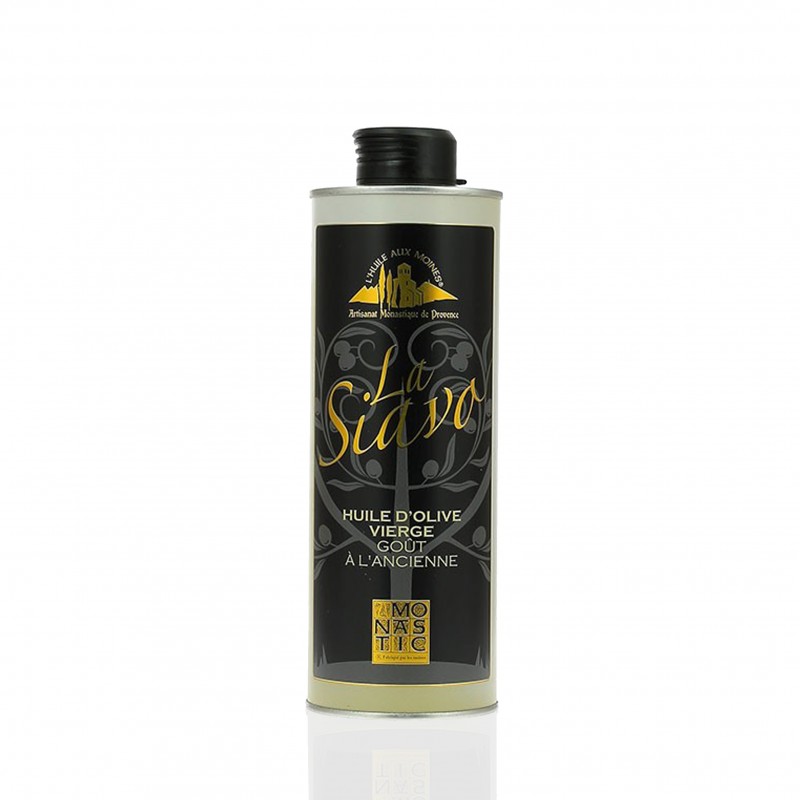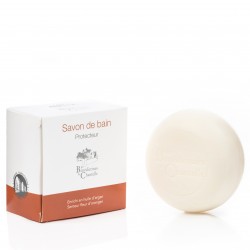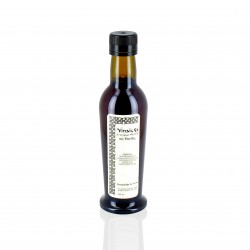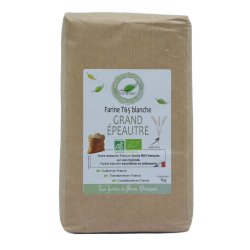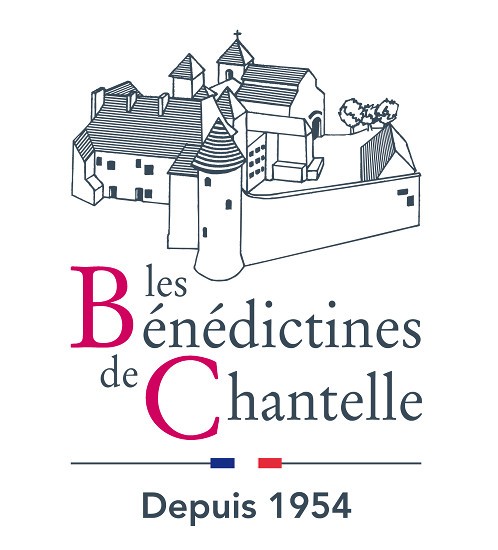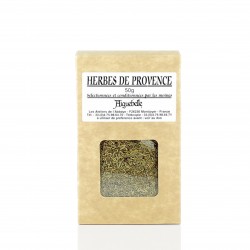La Siavo - Extra virgin olive oil from Provence
Supplier: Barroux Abbey - Monastic crafts from Provence - France
Ingredients: Top quality olive oil obtained directly from olives and only by mechanical processes.
Average nutritional value per 100g
Energy (kJ) / (kcal): 3768/900
Fat: 99.8%
of which saturated fatty acids: 15.1% (Monosaturated: 77.2%; Polyunsaturated: 7%)
Capacity: 50 cl
Storage advice: Store away from heat.
Made in France by the monks.
Traditional and old-fashioned production of olive oil by the monks of Sainte-Madeleine du Barroux Abbey.
A product cultivated, raised and worked in the south of France with great care by the monks.
As its name suggests, it is sweet because of olives selected for the quality of the varieties. 100% fruit juice, the oils of the Monastery are extracted in the old way, cold, without any chemical or thermal process.
Manual work at Barroux
Sometimes young people come to help the monks. One day, six boys from the Southwest participated in the weeding of the vine with three monks: they were excellent boys, full of good spirit and courage. But they all had a small flaw: they had no restraint in the lyrics. Then one of the monks challenged them: to work in silence. And he understood from their gaze that the sun, the heat, the hardness of the earth were less frightening than silence. But they did. Some time later, the same monk asked them the reason for the monks' manual labor. And one of the boys immediately replied in Latin: mens sana in corpore sano (a healthy mind in a healthy body). Which is already good. But here is what the monk answered them. Manual labor has several reasons.
The first is to participate in the creation of God. God created the world but He leaves it to us to cultivate the land, to take care of it so that it will bear fruit. For those who see in creation a gift from God and, to some extent, its reflection, there is a real joy in collaborating with God in work. The winemaker will never tire of contemplating the tender and clear bud emerging from the hard and dark bark of the vine. The heart then rises without difficulty towards the Most High, so wise and so good, the Father Creator. The liturgy begins there, in the fields.
The second reason is human development. It is not good for the monk, or for any man, to remain idle. Through manual work, the monk learns to return to reality. The winemaker knows that nature has its rhythms and its laws. Saint Benedict also says that the brother will be truly a monk when he lives on the work of his hands. And that is what we are trying to do, even if because of the time devoted to the recitation of the office and the lectio divina, we have, in part, to count on the generous help of the faithful. Let us add that the working monk relaxes from the tension due to the effort of conversion, studies and attention to God in the recitation of offices. The pickaxe preserves the monk from modern gloom.
The third reason is penance. The monk is a penitent simply because he is a son of Adam to whom God said: "You will work with the sweat of your brow." The monk does more penance by work than by fasts and sacrifices. Work is so linked to pain that it derives its etymology: “work” comes from the Latin trepalium, instrument of torture! We know that grief has become his faithful companion. The monk does penance happily to associate himself with Christ who came to save us by the Cross. In the fields, the monk continues the Holy Sacrifice of Mass, in silence, in his own body. What graces obtained in the fields by a pure heart associated with the sweat on the forehead! Saint Teresa of the Child Jesus said to one of her somewhat slow novices that a mother with a large family had no time to waste. The family of a religious is all of humanity.
And the fervent monk saw all this in silence, in contemplative silence, at the school of Saint Joseph, the model of the workers. He works trying to imitate Jesus. he thus carries the world. And he endorses what Antoine de Saint-Exupéry wrote: "I understand for the first time one of the mysteries of religion from which emerged the civilization which I claim as mine: to bear the sins of the world. And everyone bears the sins of all men ”.
